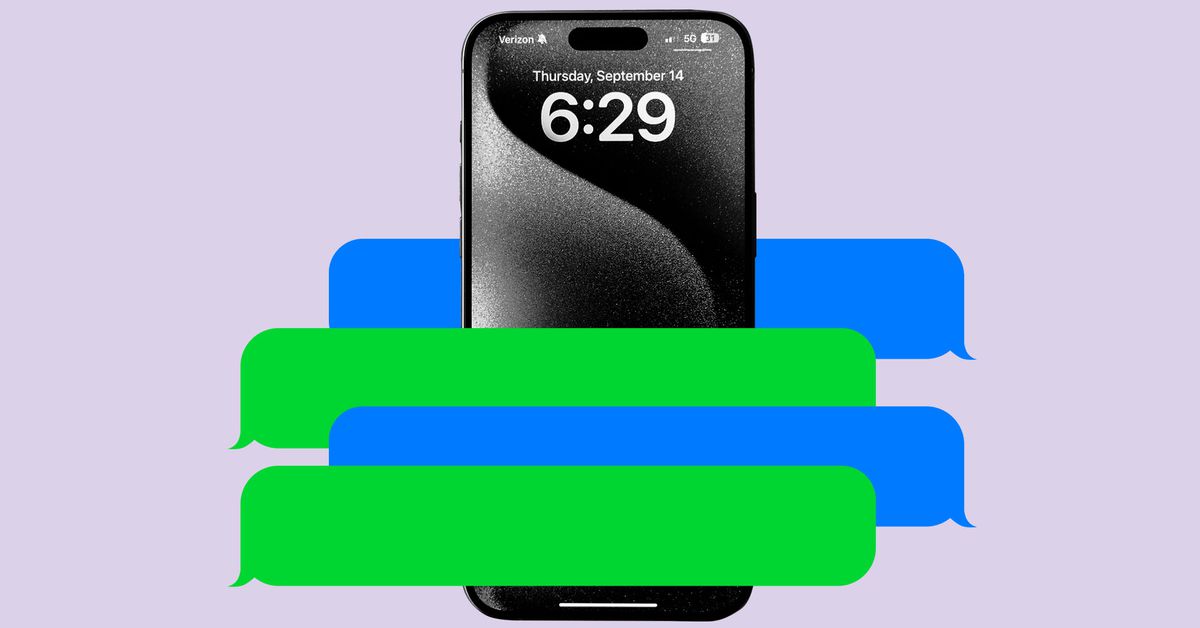- cross-posted to:
- [email protected]
- [email protected]
- [email protected]
- [email protected]
- cross-posted to:
- [email protected]
- [email protected]
- [email protected]
- [email protected]
The long-awaited day is here: Apple has announced that its Messages app will support RCS in iOS 18. The move comes after years of taunting, cajoling, and finally, some regulatory scrutiny from the EU.
Right now, when people on iOS and Android message each other, the service falls back to SMS — photos and videos are sent at a lower quality, messages are shortened, and importantly, conversations are not end-to-end encrypted like they are in iMessage. Messages from Android phones show up as green bubbles in iMessage chats and chaos ensues.
Apple’s announcement was likely an effort to appease EU regulators.



Apple have a surprising amount of open-source software. The OS that MacOS and iOS are built on top of (Darwin) is open-source, as is its kernel (XNU). The engine used by Safari (Webkit, forked from KDE’s KHTML) is open-source too.
It’s not really traditional open-source, though. It does use an OSS license, but they don’t really accept public contributions, nor do they track bugs publicly or have a public roadmap.
Is that functionally different from Android being Linux and chromium being open source?
You can’t easily run Darwin OS these days, unfortunately. Apple used to release an ISO you could install on a PC or Mac, but they stopped doing that a long time ago. These days, Apple release the bare minimum amount of code as required by its license, and it’s just a pile of code without the build scripts required to actually build it.
Let’s not forget CUPS which is how everything that isn’t windows prints.
That is interesting actually, but compared to other companies I’d not say that’s significant. Specially because I suspect they switched to WebKit because they had no other choice 🤷♂️
Apple forked WebKit from KDE back in 2001. For all intents and purposes, they didn’t switch to it; they developed it.